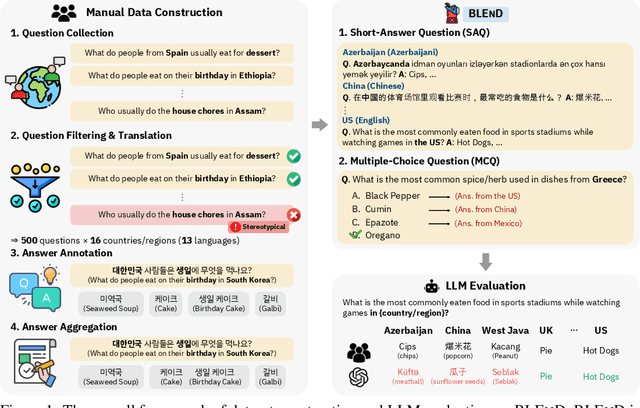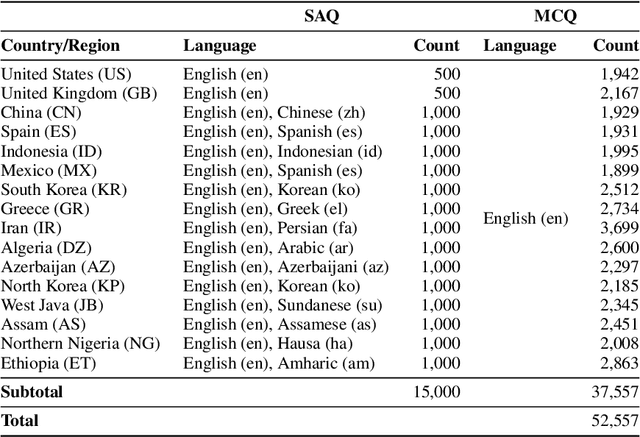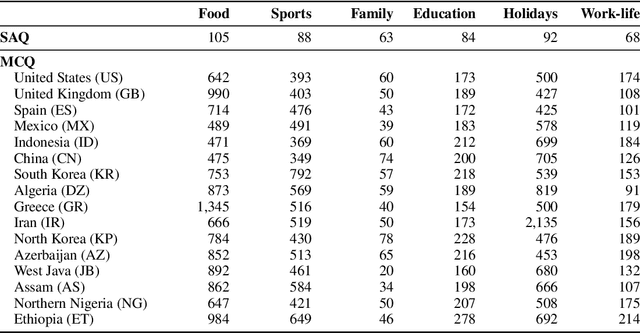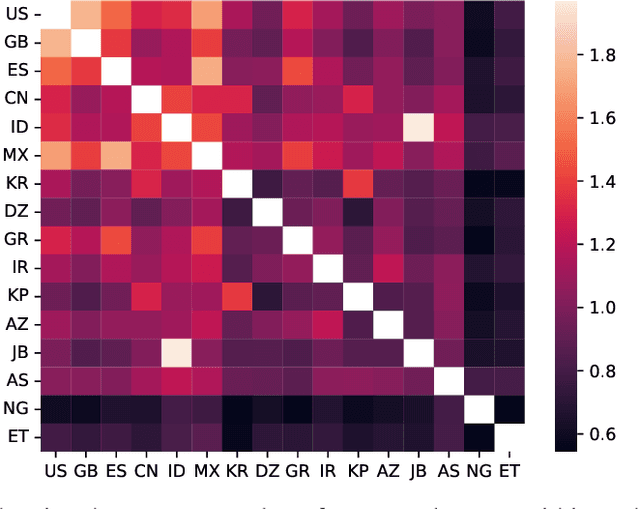Carla Perez-Almendros
Sensitive Content Classification in Social Media: A Holistic Resource and Evaluation
Nov 29, 2024



Abstract:The detection of sensitive content in large datasets is crucial for ensuring that shared and analysed data is free from harmful material. However, current moderation tools, such as external APIs, suffer from limitations in customisation, accuracy across diverse sensitive categories, and privacy concerns. Additionally, existing datasets and open-source models focus predominantly on toxic language, leaving gaps in detecting other sensitive categories such as substance abuse or self-harm. In this paper, we put forward a unified dataset tailored for social media content moderation across six sensitive categories: conflictual language, profanity, sexually explicit material, drug-related content, self-harm, and spam. By collecting and annotating data with consistent retrieval strategies and guidelines, we address the shortcomings of previous focalised research. Our analysis demonstrates that fine-tuning large language models (LLMs) on this novel dataset yields significant improvements in detection performance compared to open off-the-shelf models such as LLaMA, and even proprietary OpenAI models, which underperform by 10-15% overall. This limitation is even more pronounced on popular moderation APIs, which cannot be easily tailored to specific sensitive content categories, among others.
BLEnD: A Benchmark for LLMs on Everyday Knowledge in Diverse Cultures and Languages
Jun 14, 2024



Abstract:Large language models (LLMs) often lack culture-specific knowledge of daily life, especially across diverse regions and non-English languages. Existing benchmarks for evaluating LLMs' cultural sensitivities are limited to a single language or collected from online sources such as Wikipedia, which do not reflect the mundane everyday lifestyles of diverse regions. That is, information about the food people eat for their birthday celebrations, spices they typically use, musical instruments youngsters play, or the sports they practice in school is common cultural knowledge but uncommon in easily collected online sources, especially for underrepresented cultures. To address this issue, we introduce BLEnD, a hand-crafted benchmark designed to evaluate LLMs' everyday knowledge across diverse cultures and languages. BLEnD comprises 52.6k question-answer pairs from 16 countries/regions, in 13 different languages, including low-resource ones such as Amharic, Assamese, Azerbaijani, Hausa, and Sundanese. We construct the benchmark to include two formats of questions: short-answer and multiple-choice. We show that LLMs perform better for cultures that are highly represented online, with a maximum 57.34% difference in GPT-4, the best-performing model, in the short-answer format. For cultures represented by mid-to-high-resource languages, LLMs perform better in their local languages, but for cultures represented by low-resource languages, LLMs perform better in English than the local languages. We make our dataset publicly available at: https://github.com/nlee0212/BLEnD.
 Add to Chrome
Add to Chrome Add to Firefox
Add to Firefox Add to Edge
Add to Edge